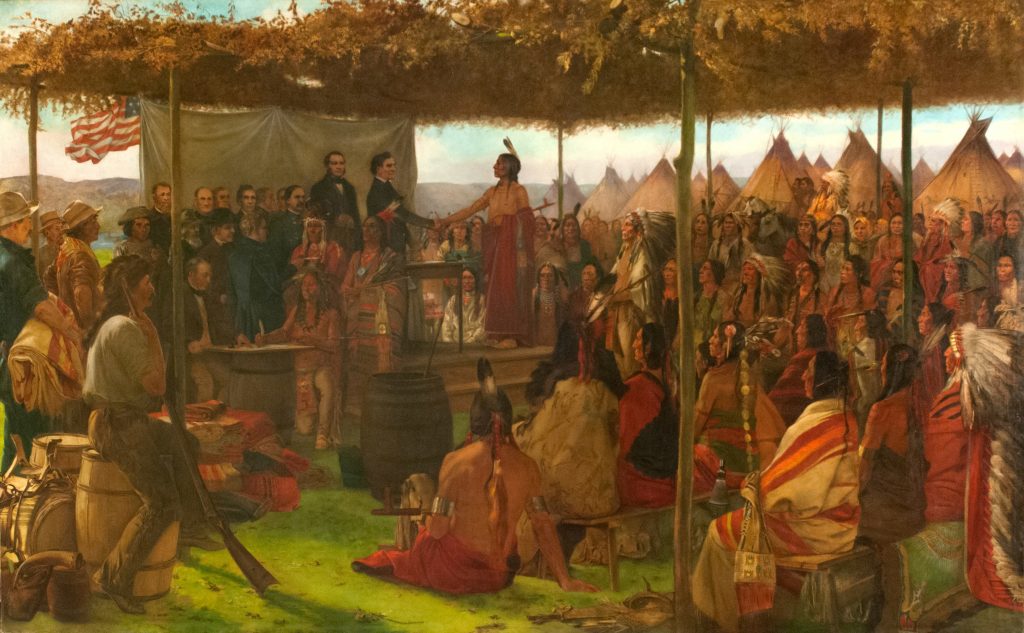January 24th holds a significant place in Minnesota’s history, as it marks the anniversary of several important events that have shaped the state. From political milestones to cultural events, this day has played a role in shaping the state’s identity and shaping the lives of its residents.
One of the most significant events that occurred on January 24th in Minnesota’s history was the signing of the Treaty of Traverse des Sioux. On this day in 1851, leaders of the Dakota Sioux tribe and representatives of the US government signed a treaty in which the tribe ceded most of their land in southern Minnesota to the US government. This treaty was an important moment in the state’s history as it marked the beginning of the displacement of the Dakota Sioux people from their traditional homeland and the opening of the region to white settlement.
Another important event that occurred on January 24th was the opening of the first state-funded university in Minnesota. On this day in 1869, the University of Minnesota officially opened its doors to students. Today, the university is one of the largest and most respected public universities in the country and it continues to play an important role in the state’s educational and cultural landscape.
On January 24th, 1887, the first shipment of iron ore from Minnesota’s Mesabi Range was sent by rail to Cleveland, Ohio. This event marked the beginning of a new era of mining and industrial development in Minnesota, which would transform the state’s economy and shape its social and cultural identity.
In the cultural realm, January 24th marks the birthday of famous American author, F. Scott Fitzgerald. He was born in St. Paul, Minnesota in 1896 and is best known for his novels “The Great Gatsby” and “This Side of Paradise.” Fitzgerald’s works often explore the themes of wealth, power, and the American Dream and he is considered one of the greatest American writers of the 20th century.
In conclusion, January 24th holds a significant place in Minnesota’s history, marking the anniversary of several important events that have shaped the state and the lives of its residents. From political milestones to cultural events, this day has played a role in shaping Minnesota’s identity and continues to be remembered and celebrated by its residents.
